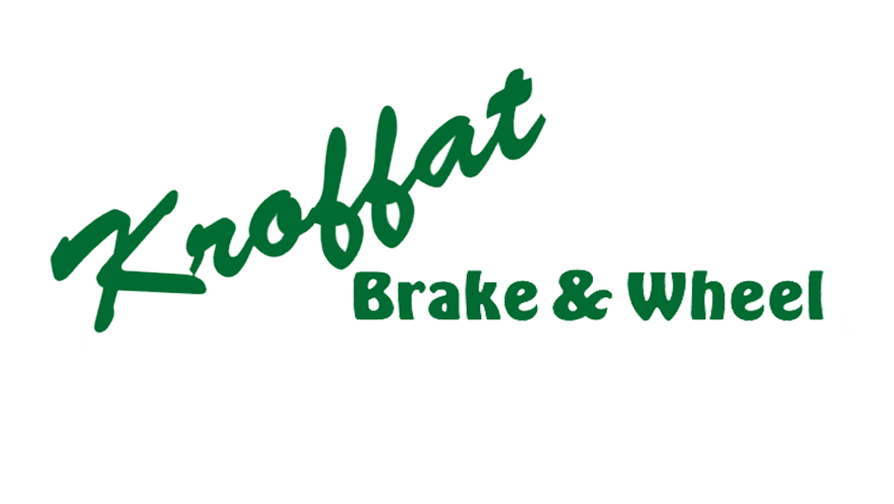Brakes
/We often get phone calls or drop-ins by concerned customers seeking counselling about car repair (did you enjoy that alliteration?) One thing that often surprises people about brake repairs is the seemingly increased cost of fixing brakes on modern cars and trucks. Ron (of Shawnigan Garage) and I were discussing this as we ran the trails of Glenora. Modern cars and trucks are often getting up to 100,000 kms out of the first set of brakes. This far exceeds brake wear on older vehicles. The other side of that long brake life is: when they wear out, often one needs to replace all the major components: Brake Calipers, Brake pads and Brake rotors.
This type of repair does not equate with what my father taught me when I was his apprentice; however, modern engineering has changed how brake repairs are done. Contemporary material (plastic brake caliper pistons) modern engineering (lightest possible brake rotors) do not allow for reusing of original components, without creating compromise.
Here is the straight goods: let's say you own a 2010 GMC Sierra pick up truck and at 95,000kms your brakes are completely worn out front and rear (by the way, this is also a modern phenomenon, as historically, front brakes wear much faster than rears, but no longer). Your mechanic could install new brake pads and machine your rotors and get you on your way again; however, there is no way that the re-used calipers and the machine rotors will last 95 000 kms again. You will be back at the shop in 45,000 kms…with worn out pads or warped rotors.
Therefore, an experienced mechanic that knows your vehicle will give you the option of replacing all the components, or just some of components, based on your expectations and budget. It is very easy for a customer or another shop to give a discounted price and accuse another shop of up selling: but be sure you are comparing apples to apples when you are calling around for pricing. Kroffat Brake and Wheel has been in the Valley for 33 years and will be here for you for many more.

